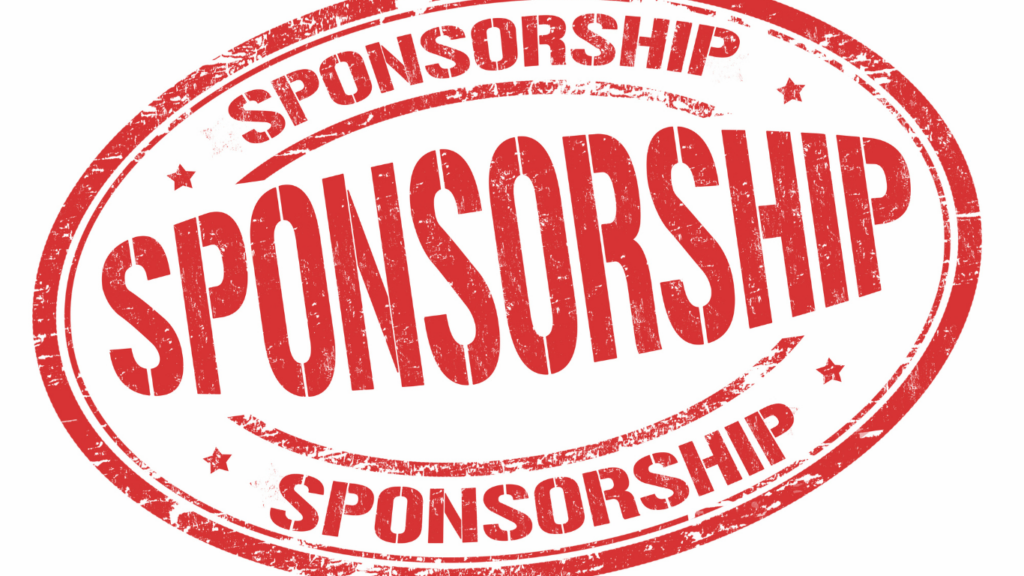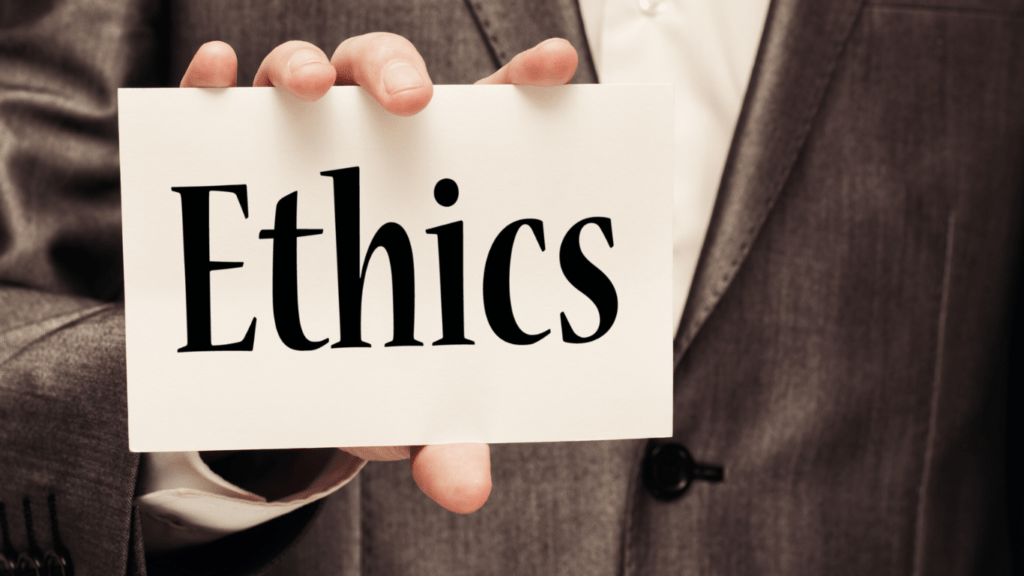Understanding Gambling Sponsorships and Partnerships
Gambling sponsorships and partnerships have become integral to various industries, driving revenue and visibility. Analyzing their definitions and influence highlights their role and associated challenges.
Defining Gambling Sponsorships
Gambling sponsorships involve financial or resource support provided by gambling companies to entities such as sports teams, events, or content creators. In exchange, these companies gain promotional opportunities like logo placements, product mentions, or media collaborations. For example, sports jerseys featuring betting brands or advertisements during sports broadcasts are common sponsorship instances. These arrangements aim to boost brand visibility while monetizing platforms or events.
The Growing Influence of Gambling Partnerships in Modern Industries
Gambling partnerships extend beyond sports to sectors like:
- e-sports
- television
- digital content
These collaborations include sponsored leagues, exclusive partnership deals, or brand-integrated media campaigns. In 2022, global gambling advertising spending exceeded $3 billion, illustrating its extensive reach. The normalization of gambling within entertainment blurs ethical boundaries, especially when platforms with younger audiences host gambling promotions, potentially fostering risky behaviors among impressionable viewers.
Key Ethical Concerns

Gambling sponsorships and partnerships often face scrutiny due to their far-reaching societal impacts. These concerns stem from issues like public health risks, exploitation of vulnerable groups, and lack of transparency.
Social Responsibility and Public Health
Gambling promotions pose challenges to social responsibility when they contribute to rising addiction rates. The World Health Organization reports that problem gambling affects 1-5% of adults globally, emphasizing its public health implications. Partnerships between industries and gambling firms often overlook the long-term harm caused by normalizing gambling behaviors. Addressing these impacts requires ensuring responsible advertising and offering support resources for affected individuals.
Targeting Vulnerable Populations
Gambling sponsors sometimes exploit audiences prone to addiction, like the financially insecure or younger individuals. Studies from the Journal of Gambling Studies highlight that adolescents exposed to frequent gambling ads are 2-4 times more likely to develop gambling-related problems. This targeting raises ethical concerns by placing profits over welfare. Regulations like preventing gambling ads during hours dominated by younger viewers could mitigate these risks.
Transparency and Accountability
Lack of disclosure regarding sponsorship terms and conditions undermines public trust. Many partnerships don’t provide clear information about revenue distribution, data usage, or the relationship between the parties involved. Ensuring accountability requires adopting stringent policies, such as mandatory reporting of agreement details and independent audits to guarantee compliance with ethical standards.
Impacts on Society and Culture
Gambling sponsorships significantly shape societal values, influencing perceptions and behavioral norms. These partnerships affect cultural attitudes, especially concerning the normalization of gambling and its reach into family environments.
Normalization of Gambling Behaviors
- Gambling sponsorships embed betting culture into everyday activities, making gambling seem harmless.
- Frequent exposure to gambling advertisements during televised sports, online gaming, or social media leads to desensitization.
- In sports, the display of betting odds during live broadcasts fosters the notion that gambling complements entertainment.
- This steady integration normalizes wagering and diminishes its perceived risks.
- The persistent emphasis on gambling contributes to its acceptance, potentially obscuring its negative consequences.
Influence on Youth and Families
Younger audiences are particularly susceptible to the influence of gambling promotions. Studies have shown advertisements often use attractive visuals, relatable influencers, or game-like mechanics, which appeal directly to minors. For instance, celebrity endorsements or social media campaigns promote gambling as exciting or aspirational, disregarding the vulnerabilities of impressionable viewers. These practices indirectly encourage underage gambling, undermining efforts to shield minors from its harms.
Families are also affected when gambling becomes a normalized or glamorized activity, creating stress in households. Financial losses linked to gambling addiction can destabilize family budgets, while emotional strain impacts relationships. When sponsorships target communities indiscriminately, they exacerbate these issues, leaving long-term socio-cultural damage.













































































































































































































































































































































































































































































































































































































































































































































































































































































































































































































































































































































































































































































































































































































































































































































































































































































































































































































































































































































































































































































 Archer Loftus-Hills played a pivotal role in shaping the technical backbone of Gamble Today Smart. With a keen eye for detail and a passion for innovation, Archer was instrumental in developing the platform’s data-driven tools and analytics features. His expertise ensured that users could access reliable, real-time insights to make informed gambling decisions. Archer’s dedication to precision and functionality has left a lasting impact on the platform’s success.
Archer Loftus-Hills played a pivotal role in shaping the technical backbone of Gamble Today Smart. With a keen eye for detail and a passion for innovation, Archer was instrumental in developing the platform’s data-driven tools and analytics features. His expertise ensured that users could access reliable, real-time insights to make informed gambling decisions. Archer’s dedication to precision and functionality has left a lasting impact on the platform’s success.